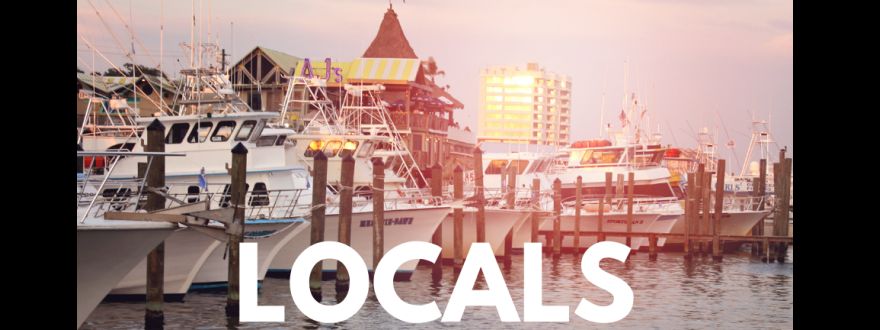
5 Ways Florida Home Insurance is Different than the Rest of the Nation
Aside from our white sandy beaches and sunshine, Florida stands apart when it comes to home insurance standards. As you can imagine having a few hurricanes every year scares the newbie move-ins and insurance carriers alike. The potential destruction that Floridians encounter every year influences everything from building codes to insurance rates and options. And these insurance carriers have every reason to be watching the weather maps like the New Years countdown clock. Because it’s not if they will pay billions on a hurricane, it’s when.
So here’s what you need to know about your encounters with insurance that may be different than every other state and areas that should be highlighted in your policy.
1. Wind coverage in your Home Insurance Policy
Wind coverage is sometimes excluded or included if you’re willing to pay extra.
If you’re lucky and can find a home insurance policy that includes wind coverage, be prepared to pay extra in your deductible. Companies usually require a 1-5% deductible of the total home’s value. So if a storm comes and rips off your roof of your $500,000 home and you have a 5% deductible, you’ll still have to pay $25,000 for that new roof. Be sure to pay attention to that deductible, because it may not be worth it to file a claim. If for some reason your insurance policy does not include wind coverage, you’ll have to buy a separate policy that will act in conjunction with your home insurance policy.
2. Flood insurance is more than just a recommendation
All of those white sandy beaches should be a good indicator of how high Florida is above sea level- basically zero. When we get more than a little thunderstorm, water begins to accumulate - making all houses water-front properties. With this inherit risk, insurance companies are sure to include plenty of exclusions to Florida policies. Generally, for a water claim to be covered it needs to be classified as “wind-driven rain” as the source. So that rising lake in your yard wouldn’t be covered under normal home insurance- you’ll need Flood Insurance.
3. Too many carrier options but not enough good ones
Given the risk that Florida is to the normal Insurance companies, not many of the major carriers are willing to accept the risk for property insurance. Big companies like State Farm, Auto-Owners, Nation-wide don’t want to touch properties this area with a ten foot pole. Because of these limited options, the state created an insurance company that pools together all those unwanted risks and charges a hefty fee for those premiums. If you’re declined through some of the normal carriers, you can probably still get a Citizens Insurance policy. Interestingly, it’s what can happen after you’re in this pool that is so weird.
Say you’re placed with Citizens Insurance and you get a letter in the mail saying now you’re with “Sunshine State Insurance”. Some crazy person decided it was a good idea to start an insurance company in Florida; they then bought a group of policies from Citizens to start their customer base. You’re now with an insurance company that has no history or proof of financial stability. You have no idea if they will have the financial backing to pay your hurricane claim. Research these companies! And if you don’t feel comfortable with them, get a new quote and considering changing companies.
4. Special discounts for building standards
Florida not only has unique building codes for building homes (that’s what you get when you live on sand as a foundation) but has special building codes that require the highest standards for storm protection. Insurance companies take this into consideration and can provide discounts for how roofs and windows are built and secured. Make sure that when you’re buying a home or looking at insurance, your inspector fills out a Wind Mitigation form that shows all the possible discounts you could get with your insurance. This will also give you an idea of what quality of home you have. Because if they care enough to make it last through a hurricane, that home should last generations.
5. Find a local agent with experience under their belt
If your eyes glazed over after reading that or were left with more questions than answers, it’s time to contact your local insurance agent. Find a Florida agent that has lived here at least a decade, because chances are, they’ve gone through a hurricane or two and will be able to navigate coverages and claims like it was their own.







